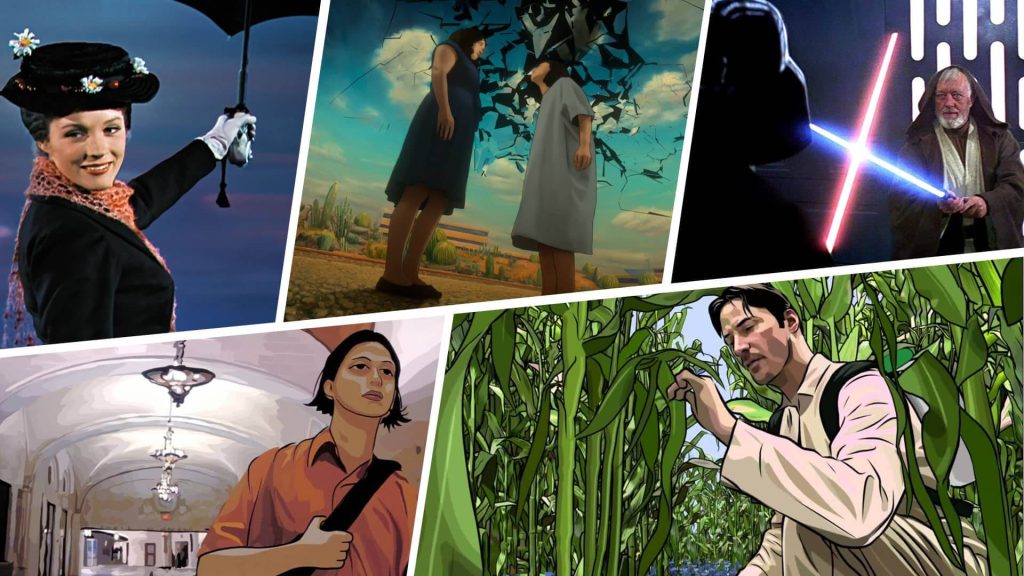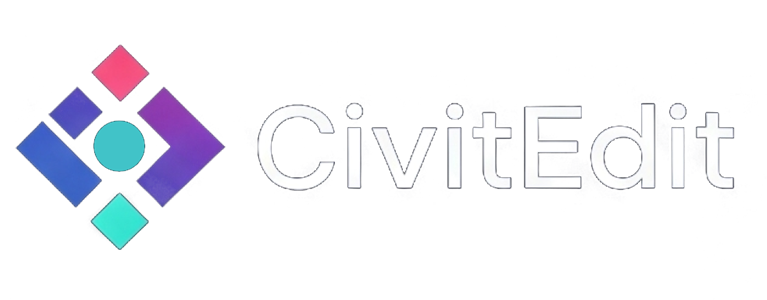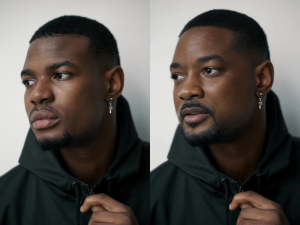Comfy UI in Civitedit - Modes Explained
Talking Avatar
What it is:
Generates a speaking character from an image or avatar, making it appear as if it’s delivering your lines.
Basic how it works:
Maps facial landmarks, syncs them with provided audio or text-to-speech, and animates lips, eyes, and subtle head movements for realism.
Recommended visual:
-
A split image or short GIF showing a still portrait on the left, and the same character mid-sentence on the right.
-
Works best with a human or illustrated character.
Roto (Rotoscoping)
What it is:
Separates the subject from the background in video frames — often for replacing backgrounds or isolating elements.
Basic how it works:
AI identifies the subject frame-by-frame, creates a clean mask, and lets you composite it over a new background without manual cutting.
Recommended visual:
-
Before/after frame: Original video frame on the left, subject perfectly isolated on transparent or alternate background on the right.

Face Swap
What it is:
Replaces the face in an image or video with another person’s face while preserving lighting, expression, and angle.
Basic how it works:
AI detects key facial points, blends skin tones, and warps the target face to match the source pose and lighting.
Recommended visual:
-
Side-by-side stills: Original clip frame and swapped version, same pose and lighting, showing how seamless it looks.

Motion Transfer
What it is:
Applies the movement from one video (the “source motion”) to a different subject in another video or image sequence.
Basic how it works:
AI extracts motion data (pose, limb movement, rhythm) from the source and maps it onto the target subject, frame-by-frame.
Recommended visual:
-
3-panel layout:
-
Source dancer/athlete video frame
-
Target subject still frame
-
Output frame with the target performing the same movement
-

Final Tip:
Use visuals that show before → after in one glance. For moving effects like Talking Avatar or Motion Transfer, short looping GIFs or side-by-side video clips work far better than static images.





